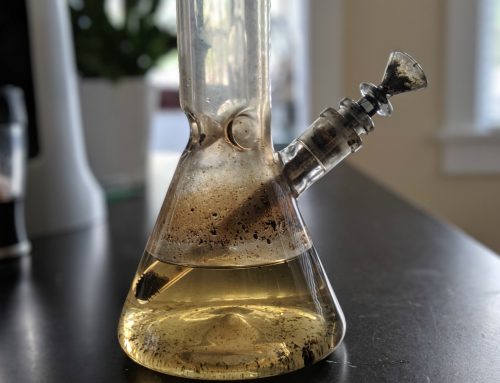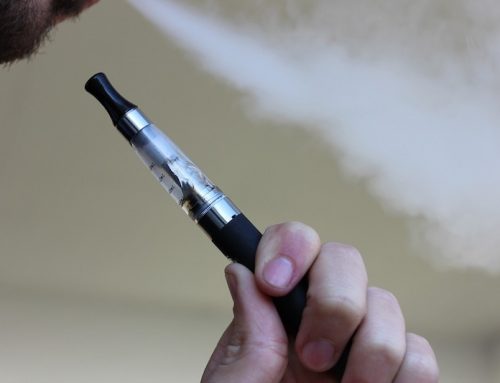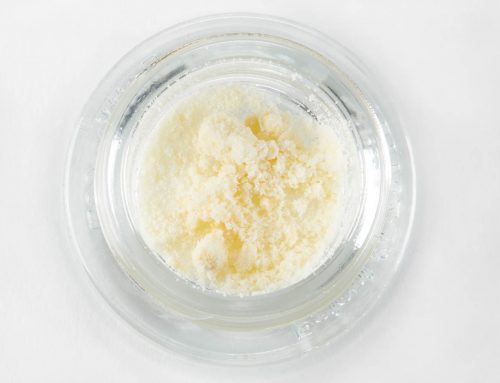If there’s one question about marijuana that’s been asked more than any other, it’s that of whether or not smoking cannabis as a teenager has a negative impact on later life. Critics have argued for decades that marijuana use as a youngster has a detrimental effect on health, education, professional success and so on as an adult. They also insist that there is a direct correlation between the amount of marijuana any given individual uses as a teenager and the severity of the impact on their life going forward.
By contrast, advocates insist that there is absolutely zero evidence whatsoever to back such claims, meaning that to voice them in the first place is nothing short of irresponsible. While it’s true to say that a variety of studies have been carried out into the physical and psychological effects of marijuana, there isn’t nearly enough evidence to support any claims whatsoever of weed teens ruining their future lives. Anecdotal evidence is one thing, but when it comes to the evidence produced on the back of thorough and reputable research…well, the picture painted is quite different to say the least.
Surprising Science
A team of researchers from Rutgers University and the University of Pittsburgh medical centre decided that the time had come to add a little science to the debate. What was interesting in this instance is that the team insisted that the study was carried out with absolutely no bias whatsoever as those involved had no strong opinions with regard to cannabis use one way or the other. They weren’t setting out to provide evidence of its dangers, nor did they have the intention of necessarily advocating its use.
In order to see exactly how cannabis might affect an individual long-term, the study involved the observation of a group of 400 male participants from adolescence to their mid-30s. The team asked the participants to confirm their marijuana smoking habits or lack thereof, in order to gauge whether or not smoking as a teenager made any difference to their mental or physical health in later life. As would be the case with most, the researchers admitted that they had initially expected there to be at least a slight (if inconsequential) difference between those who abstained from marijuana altogether and the heavy smokers among the study group. Nevertheless, when the results were collated and analysed, the conclusion was one that the research team genuinely had not expected.
“There were no differences in any of the mental or physical health outcomes that we measured regardless of the amount or frequency of marijuana used during adolescence,” wrote lead researcher Jordan Bechtold, PhD.
Fodder and Fanfare
For most of those who oppose legalization of marijuana, the biggest and often most influential argument voiced is that of the dangers cannabis apparently poses to younger generations. They constantly speak of the way in which widespread decriminalisation would inevitably give the wrong impression that smoking cannabis is in fact safe, when in reality it is largely guaranteed to well and truly screw up your future. Indeed, younger generations tend to be their primary point of focus.
But even if you were to argue that such concerns are at least well-meaning, there remains absolutely no conclusive evidence whatsoever to support them. In fact it’s quite to the contrary, as a growing number of scientific studies are slowly but surely solidifying the conclusion that detrimental long-term effects of smoking marijuana as a teenager simply do not exist. It’s all well and good for critics to preach their scare stories to the world, but the only result is the kind of public confusion and misconception that’s 100% counterproductive.
“The trajectory groups were not significantly different in terms of self-reported asthma, allergies, headaches, and high blood pressure. The groups also did not differ in terms of having a current health condition that limited their physical activities, having a serious physical injury in the past year, or having a prior history of concussion,” wrote the research team, explaining that the results were still the same when taking into account all other variable of relevance.
“There were no marijuana trajectory group differences related to a lifetime diagnosis of anxiety disorders, mood disorders, or psychotic disorders.”
For Teens, Tobacco is Yesterday’s News
Accepting the reality that teenage cannabis consumption is not in fact going to destroy the future of an entire generation is right now more important than ever before. The reason being that according to results of a study carried out in the United States, more students of college age than ever before are showing preference to marijuana over tobacco.
And not only does this represent rather reassuring news in terms of the health and wellbeing of younger generations, but it also flies in the face of predictions that widespread marijuana use can and will lead to society’s collapse. One of the only things most cannabis advocates and critics alike agree on is that tobacco represents the kind of scourge that could do with being stamped out, sooner rather than later.
The findings came courtesy of a team from the University of Michigan, which found that somewhere in the region of 6% of students of college age admitted to using marijuana on a routine or regular basis. For the first time in history, this exceeded the number of students stating that they smoked cigarettes on a regular basis, which this time came out and just 5% of the college-age student population. Back in the year 1999, the same annual study found that no less than 20% of the students polled stated that they were daily smokers or heavy tobacco users.
Much of the improvement is credited to the most intensive efforts to date to improve public education in general as to the dangers of smoking. In regions where cannabis has been decriminalised however, the move away from conventional tobacco products has been even more reassuring.












